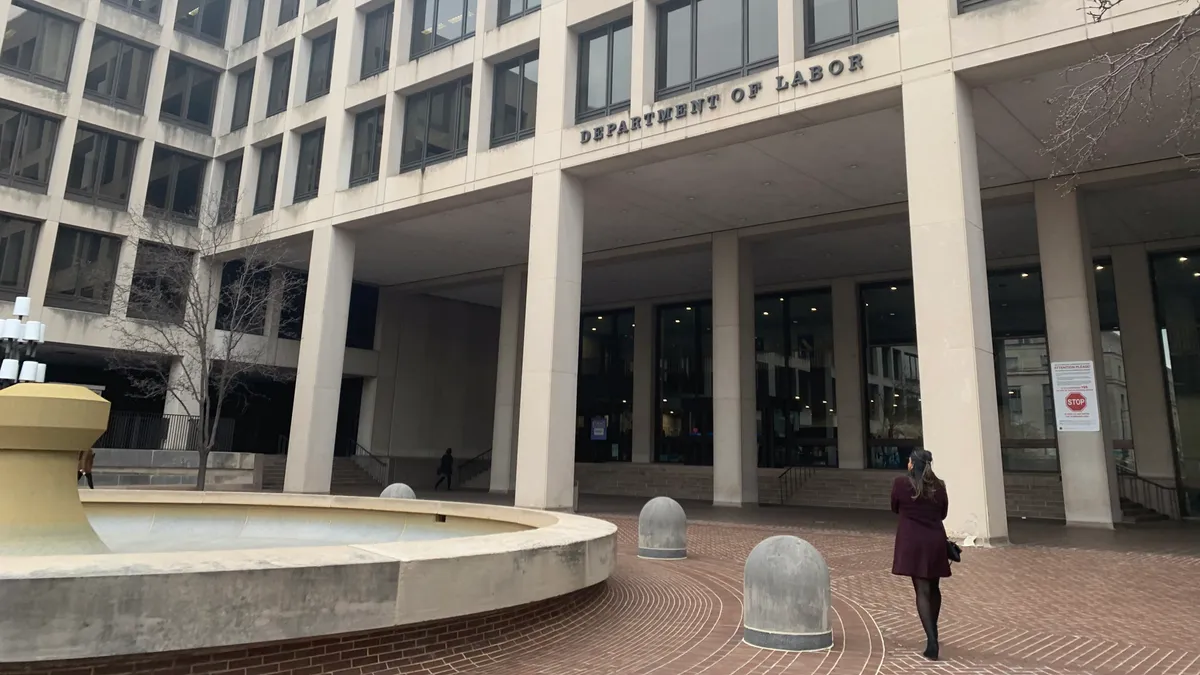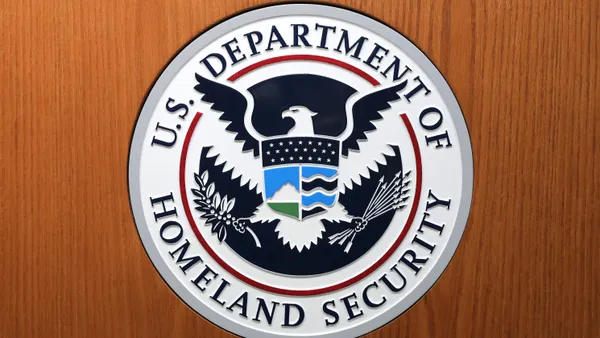Dive Brief:
- The University of California System has warned students and faculty to avoid using online communication apps such as WeChat and WhatsApp while in China because those messages could be used against them by local law enforcement, CNN reported.
- A screenshot of the message published in the South China Morning Post advised them not to "sign anything" or voluntarily turn over a passport, engage in lengthy conversations with security personnel, make unfavorable comments or take pictures of government facilities without permission. It advised students to have a check-in procedure with others and report concerns to the U.S. Embassy.
- While Chinese officials have for some time been uneasy about visiting scholars, CNN noted, their concerns have stepped up following the recent arrest of a Chinese industry executive in Canada at the request of the U.S. as well as the arrest of a U.S. citizen in Russia on charges of espionage that noted his use of WhatsApp.
Dive Insight:
The announcement came from the system's Office of Risk Services and was prompted by a U.S. State Department advisory, said Claire Doan, director of media relations for the University of California's Office of the President, in an email to Education Dive. "[I]t is meant for consideration by staff involved in ensuring the safety and security of international travel by individuals in the UC community."
The advisory is just the latest sign of tension between U.S. colleges and China in recent months.
This fall, Cornell University suspended participation in two exchange programs with Renmin University of China over concerns of academic freedom. Renmin had such arrangements with nearly 30 American universities. Eli Friedman, director of international programs for Cornell's School of Industrial and Labor Relations, which ran the program, said the environment had become "increasingly restrictive," noting that students who had expressed support for workers' rights were punished, put under surveillance or pressured by Renmin and other universities.
In the U.S., several colleges are cutting ties with the China-funded Confucius Institute for cultural education programming. The University of Michigan announced in December that it will not renew its agreement to host an institute on its campus when it expires next year. Other colleges to do so include the University of Chicago, where faculty petitioned for the center's closure, as well as the University of North Florida and the University of West Florida, which dropped the arrangement after Sen. Marco Rubio (R-Fla.) encouraged colleges in the state to do so.
At an event hosted by Inside Higher Ed last week, higher ed leaders discussed how to manage and support international programs as enrollment of foreign students falls at some institutions and the global political climate becomes less favorable to sharing knowledge across borders. Some colleges have found recruitment success by setting up campuses abroad, such as in Canada and the United Kingdom.
The Trump administration has made several moves to tighten immigration policies and reduce access to U.S. higher education for many, including Chinese nationals. That is hampering foreign students' interest in U.S. colleges and universities and is driving them to pursue higher education in other countries, said Jill Welch, deputy executive director for public policy at NAFSA: Association of International Educators, at the event.
Chinese students alone make up one-third of all international students at U.S. colleges. The risk of losing access to them due to issues such as visa restrictions, pandemic, a trade war or other concerns beyond their control caused the business and engineering colleges at the University of Illinois at Urbana-Champaign to take out a $60 million insurance policy protecting against a one-year, 20% or greater decrease in revenue from this group.













